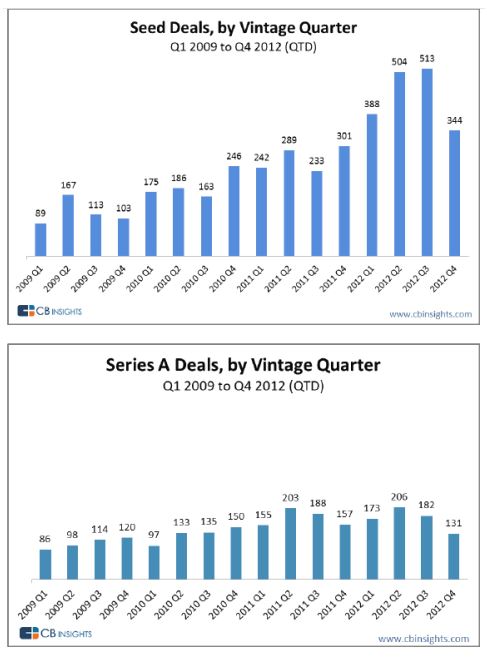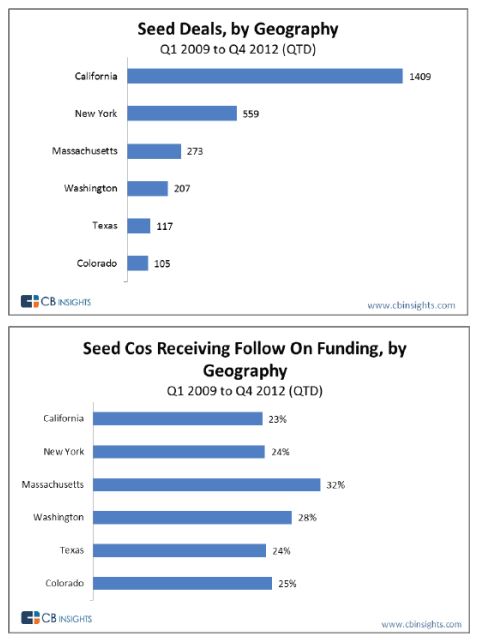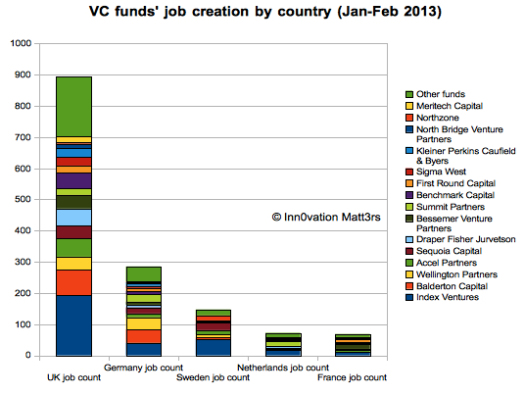I’ve had another awful few days as a customers of O2. And this experience is not unique to me.
I am a customer of 15 years at O2 yet they are incapable of providing a consistent quality of service. I wrote a similar post about O2 in February 2008 yet here we are again – and inbetween I could have written many more.
My biggest gripe is that their incompetence costs me money, time and a deep amount of stress. Yet importantly, there is no policy of fair compensation when things go wrong.
Hypocrisy
Companies make mistakes, because people make mistakes. Computers make mistakes because people that program computers make mistakes. This is life. Yet if I make a mistake and don’t pay my bill on time, I am penalised. Credit card companies charge late fees, telecoms companies cut you off.
What happens when a company who has committed to you to provide a service, fails to deliver? The answer sadly is very little, if anything.

Problems, Problems, more Problems
My general complaint about O2 is that most months last year I had to call them to have data charges credited back on to my account (I have a older Blackberry tariff, which includes international data roaming, unlimited. Despite this O2 regularly charges me for data).
Additionally, I spent weeks in the USA last year with no data, where O2 bounced me back to AT&T blaming them, and AT&T blamed O2 saying it was an issue of barring with O2.
O2 when questioned claimed “we cannot guarantee service when roaming” …So what am I paying my £70 a month tariff for exactly then?
And OK, that’s fine. You can’t guarantee it. But since I’m paying for it, are you going to credit me a portion of my bill when I cannot use the service I am paying for? This would be fair. But of course, O2 refuses to.
O2 Promise To Compensate Me
Ultimately, after investing literally hours of conversation and correspondence, I was promised 3 months credit.
O2 Go Back On Their Promise To Compensate Me
The credit never arrived. When I chased up the credit, O2 claimed they had no record of the call. I refused to pay my bill until it was fixed, because last time the promise of a credit was made, it didn’t materialise.
O2 then cut me off.
After a few months of using my iPhone (registered with 3) I missed using my Blackberry (I find the messaging, the physical keyboard and battery life, all far more efficient).
In another exhausting effort to get to the bottom of the problem, I re-engaged O2 to have it sorted out. O2 then claimed “we have no records of calls after 6 months” Is this true? I suspect it’s a lie. I am confident if ordered by a court to reveal conversations prior to 6 months, OR if they wanted to use evidence of a call to their benefit, O2 would find the recordings of the calls.
In frustration, I capitulated, paying my bill in full in order to get back my global data roaming.
O2 Promise To Look At A “Good Will” Credit
I was promised that O2 would then look into providing a credit.
O2 Break Their Promise Again
I’ve heard nothing. On calling back an enquiring, guess what? There is no record of the call or conversation.
AND Another Problem This Week
That was all last month. This month again I’ve been charged data roaming when I should not. On Tuesday 20th August at around 6pm I called (at my own cost, from Sweden) to enquire about the incorrect data charges.
After I went through the usual process (of explaining that my account was an older account on their “DICE” system and that I had bundled data … 10 minutes of my time, and cost for the call I’m never getting back) eventually it was concluded that the issue would escalate the problem to Credit Control who would text (SMS) me within 5 days to confirm the credit amount. At that time I could then pay my bill.
I also double checked with her both that I would NOT be barred or cut off and also that as I was travelling to the USA I would also not be barred. All seemed well.
O2 Breaks Their Commitment And Promise, Again
Wind forward 48 hours later. Thursday 8am, guess what? I wake up my phone is barred. I can’t get data. Or call.
I try to dial out – the phone says “Your calls are being automatically transferred, please hold”. Instead of transferring me -as promised- I then get another message saying “The speed dial you have called is no longer available. Please call your team manager for help <hangup>”. In other words, their call system was broken and I was arriving at an internal automated message.
I had to borrow a phone to call O2. I then had the usual 10 minutes explaining I have global roaming, that I on the DICE system, and that I should not be charged. “If you’re using your phone abroad, you’ll be charged for data roaming” says the woman. “No, really, I won’t, and I have not been for 5 years. Check my tarrif” I exhaustively retort.
O2 Magically Loses All Call Records Again
I then also explained that I had a call only two days before, dealing with all of this. The lady said there was no record of my call “The person has not tagged your account” she said. Unbelievable.
“Didn’t you ask her name” said the O2 operator; “No” I replied, because even if you do, the operator will not give their last name, so you have the first name of someone who could be in any one of numerous call centres who is impossible to track.
The Incompetence Is Laughable
Not only that, but gallingly, O2 had sent me a text customer satisfaction survey to ask me my opinions of the call, which I had responded to. Yet, now, despite sending me texts from the number “24442” asking me about the success of the call, this very call was untraceable and did not exist!
So just to clarify: O2 say there was no call, or at least, there is no record of it. Yet they are sending me SMS texts asking me to complete a survey on the quality of the call they have no record of.
Eventually she passed me to her supervisor who explained that something on my Blackberry was doing something routing data the wrong way, that they couldn’t tell me what, but that if I carried on doing whatever it is I was doing, I would be charged.
I am not tethering (I appreciate this attracts charges) and I am only using the regular BB services I have always used.
I understand that Blackberry, having their own proprietary international network integrated with the telcos use their own APNs etc so that yous have to use Blackberry’s conduit to carry data. But I have not changed what I’m doing in 3 or 4 years. I still simply use email, the inbuilt browser, Twitter and my Facebook apps. And Google Maps. That’s pretty much it.
The Crux
None of these things should be my problem. O2 have now raised the bar, temporarily, while the credit team look at my account (which they were already looking at, allegedly). But I have no recourse if they don’t, or if they cut me off again.
O2 owes ME money
And meanwhile, as a consequence of the call (which I had to do as I needed my phone for meetings first thing so needed it unbarred) it has meant I missed a train, which meant I missed an appointment (£45), the attendance of which I’d lost half a day of consultancy (a few hundred pounds, which ironically is on an mobile app project for O2!), paid train fares to get to Cambridge from London the previous night, and back this morning (£35) for an appointment I missed. Not to mention the costs of calling from Sweden two days before, which O2 will no doubt bill me for (another £10?)
Who is going to pay for my time and expense, dealing with O2’s incompetence?
Yes I can take my business elsewhere, only to run in to the same problems across all the mobile networks.
Competitive Pricing, Awful Service
“Competition” for quality of service, is not working. Pricing, may be. But there is no recourse for the average customer.
I must be in the top 3-4% of O2’s customers in terms of expenditure. Over the years I’ve been called an “O2 Select” customer, or “O2 VIP”. My bills are frequently over £200, despite the bundled roaming data (even when O2 don’t charge me!). But I’m sick of being promised a reliable service and being delivered the contrary. I’m sick of the contract I enter in to with O2 and other corporate business not being a two-way street. I’m sick of being treated like I’m an idiot. You can’t track that there was a call? Balderdash. Your computers have a record of my incoming call two days ago, your computers are recording my survey answers which I’m STILL answering, and I’d be amazed if actually, you only keep call records for 6 months.
No engagement by people who will solve the problem.
Worst of all I’ll get no response from this complaint, even if I send it to the head of customer service, let alone the CEO.
Today were I running Fortune 500 company with 1000’s of staff, I’m so annoyed I’d switch telco. At least that business might impact O2’s bottom line. Instead, as a lone mobile subscriber, there is no recourse to taking my business elsewhere except to another telco that will care equally little and I won’t even have the retort that I’ve been a customer for over a decade.
All I can do is post here, to my Twitter feed and to Facebook, which is a combined reach of 12,000+ excluding reposts or RT’s. I’ll put it on LinkedIn too, and the MomoLondon list – a list of telco industry luminaries.
The Cost To Shareholders of Bad Customer Service
It’s a sad day that companies who spend so much money to convince customers to purchase or switch from another provider, have such a poor ethos to supporting their existing customers.
When was the last time a large company caused you to react “Wow, what amazing customer service?”
This is caused by many things, but includes a lack of ownership of problems by the staff at the coal-face, those dealing with customers directly. That in turn is because the leadership at O2 and other corporates favours ignorant process over staff who have real authority to make sensible decisions, who have been devolved responsibility, and thus would care more about what they do, when they do it, why they do it, and for who.

I discussed this corporate customer service problem years ago here and how it actually how problems provide an opportunity to create a more loyal customer.
Company Culture (and Customer Service) Comes From The Top
The biggest problem is that if you’re aiming to capture the mass market, giving bad customer service -even pro-actively rude and contemptuous service- often works. Just look at RyanAir (who I refuse to fly with on principle!) and the attitude of Michael O’Leary.
The culture of a company comes from the top. And not getting a response of any kind, or a true resolution, or the financial credit that I deserve as a consequence of the incompetence of O2, is atypical of corporate customer service today.
Long may the social media revolution grow – and power to the people in doing so. We pay your wages César Alierta (CEO, Telefonica ..who of course isn’t on Twitter himself). You should be doing everything in your power to make us feel good about doing so, not hating your brand; because THAT is the way to maximise your share price and shareholder return, not the equivalent of slash and burn.
Meanwhile, if you want strike a blow at corporate greed and incompetence, and champion the voice of consumers, why not re-post this blog CC-ing O2 ..and do me a favour in the process! 😉













